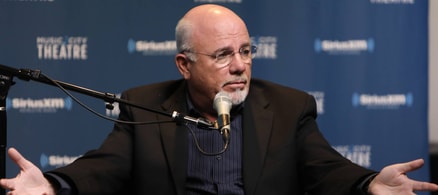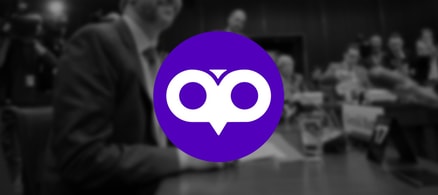Put your credit cards away for good
This will be a painful first step, but an absolutely necessary one. Debt is one of the biggest causes of people living paycheck to paycheck. The problem is that you can never achieve balance in your finances if you’re constantly paying for yesterday’s obligations.
That is exactly what credit cards are – they are the cumulative total of old cash deficiencies. Anytime you can’t pay for something out of earnings or savings, if you put it on a credit card, it will haunt you in the future.
You must put a stop to this as soon as possible. It will not be easy to begin learning to live without credit cards, but once you do everything else will begin to fall into place. It may mean that you have to begin learning to live without certain items and expenses, and that’s our next topic.
There is a bonus that comes along with ending your reliance on credit cards. Once you stop using them, the balance owed begins to drop. And as balances drop, your payments fall as well. This will provide you with additional breathing room in your monthly budget, especially as the declines in your balances become more pronounced.
Trim your living expenses where ever possible
Most people can live without at least a few products and services. You can eliminate them without making any material changes to your basic standard of living. This doesn’t mean that you have to take a meat cleaver to your budget, but rather that you carefully scan your expenses for any that are not absolutely necessary.
For example, you can probably ditch a gym membership if you hardly ever go to the gym. You might also cancel your cable TV service if you seldom watch TV. You can also take a close look at your insurance policies and see if there are any opportunities to reduce your premium charges.
Simply reducing your monthly budget by 5%, can free up some extra cash that will help you to stop living from paycheck to paycheck.
Increase your income, even if only just a little
The same rule applies to income as to expenses, a small increase – say 5% or 10% – in your income could make a big difference. This will be particularly effective if you do it in combination with a reduction in monthly living expenses.
Imagine that you increase your income by 5%, and cut your expenses by 5% – you will have an extra 10% in your budget each month. That should not only allow you extra breathing room in your budget, but it should also allow you to begin saving money.
There are different ways to earn extra money, even if you cannot do it on your job. You could take a very part-time, part-time job. This might mean working an extra 20 to 30 hours per month at a second job that will bring in an extra couple hundred dollars. It could also mean beginning some sort of Internet venture, such as running your own blog, freelance blog writing for other sites, or offering technical services to various websites.
Save as much money as you can
Finally, we come to the single biggest way to avoid living paycheck to paycheck. If you’re in a position to put money away each month, even just a little, you will essentially be out of the paycheck-to-paycheck trap. If you can build up even a couple of thousand dollars in savings, it will provide the foundation to build on for a much larger savings balance as time goes on.
The larger your savings, the less you need to rely upon credit in order to meet your monthly budget. But if you become motivated to increase your savings – as a way of ultimately achieving financial freedom – you may find yourself earning extra income, cutting spending, and reducing your loan balances going forward.
It’s a matter of making a personal decision to go from being a debtor to being a creditor. When you save money, you become a lender – to the bank or other institution that is holding your money. It puts you in the reverse situation that you are in now, where you owe money in the form of credit cards or other loans.
At a minimum, having a healthy savings balance will eliminate both the mindset and the fear that creates the paycheck-to-paycheck lifestyle.





